Chinese defence minister warns ‘we will fight to the end’ over Taiwan, South China Sea
“China has no choice but to fight at all costs to preserve national unity” Beijing has publicly warned over the South China Sea and Taiwan.
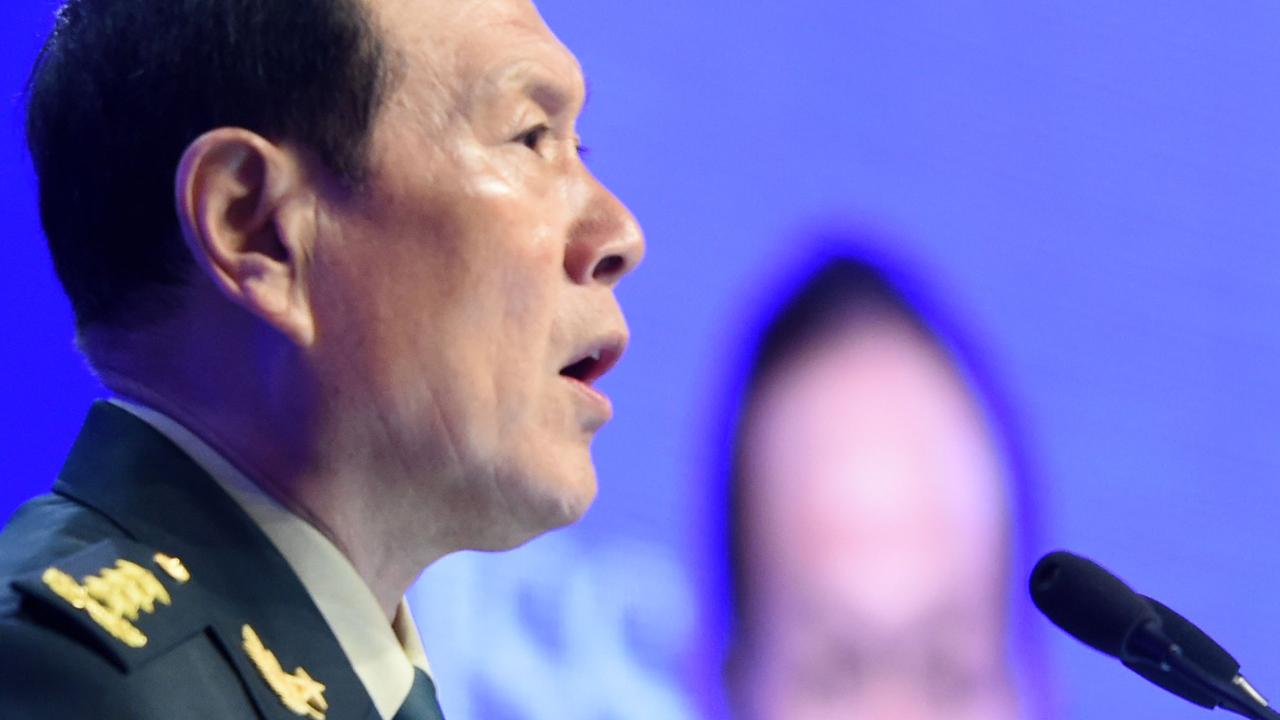
Beijing’s Defence Minister General Wei Fenghe has launched a bellicose attack on opponents to China’s expansionist plans towards the South China Sea and Taiwan, declaring: “If they want to fight, we will fight till the end”.
He was addressing an assembly of international ministers and military chiefs at the 18th annual Shangri-La Dialogue in Singapore, hosted by the International Institute for Strategic Studies.
China was determined to make its mark.
General Wei, a former artillery officer, led a delegation of 11 generals and 43 support staff.
“As the general public of China says these days, ‘A talk? Welcome. A fight? We’re ready. Bully us? No way’,” he declared.
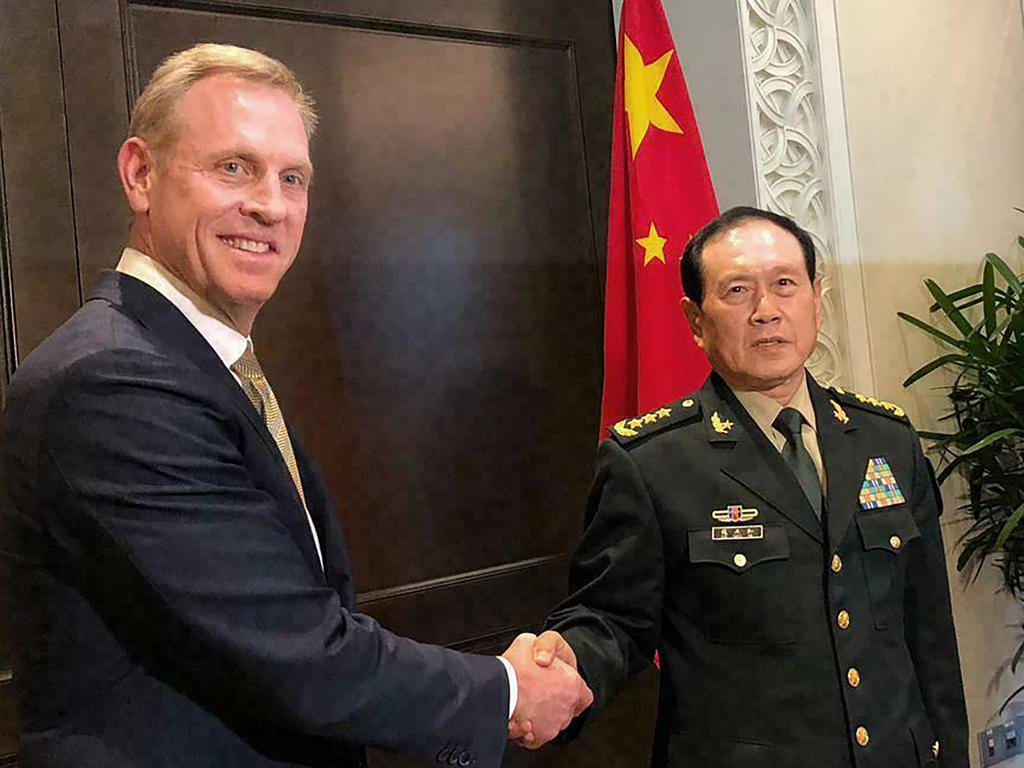
He went on to say that China’s military would “resolutely take action” to defend Beijing’s territorial claims over the self-ruled democracy Taiwan and the disputed South China Sea waters.
It would not “yield a single inch of the country’s sacred land,” he declared.
Beijing rejects criticism that its actions towards Taiwan and the South China Sea are expansionist, and that it has no historical claim to either.
“The PLA has no intention to cause anybody trouble but it is not afraid to face up to troubles. Should anybody risk crossing the bottom line, the PLA will resolutely take action and defeat all enemies,” General Wei said.
He added that any regional conflict would have far-reaching effects.
“It takes two to co-operate but only one to start a fight,” he said. “We hope that the US side will work with us towards the same goal, follow the principles of non-conflict, non-confrontation, mutual respect and win-win co-operation, and steer the China-US relations in the right direction.”
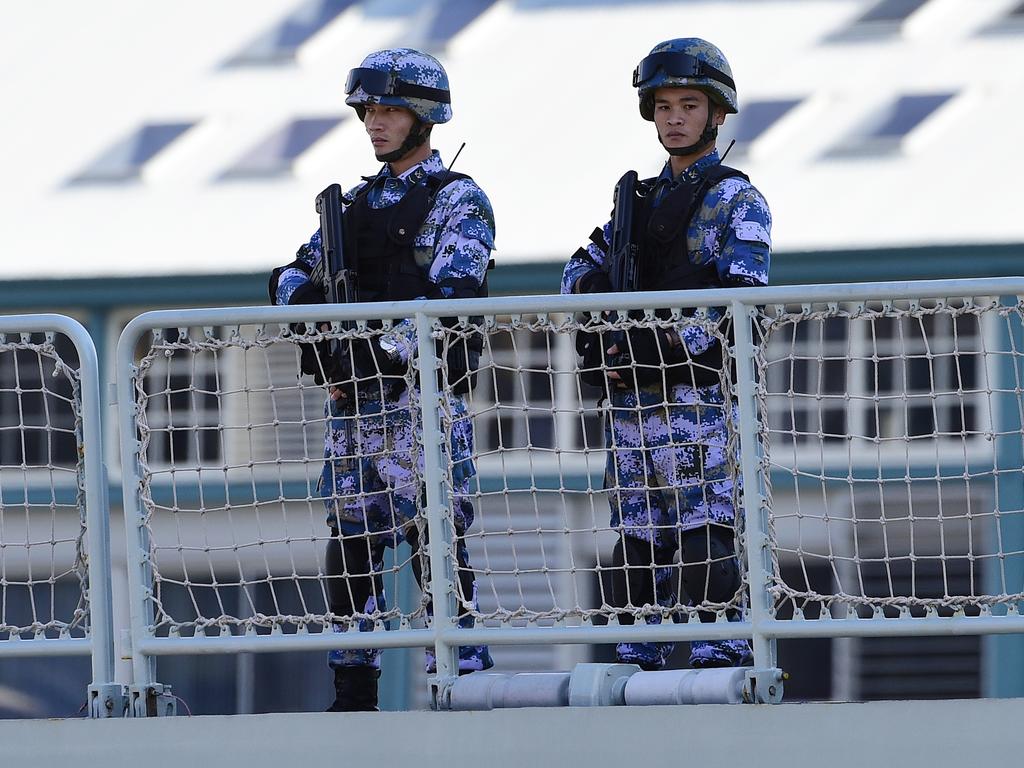
TAIWAN TURMOIL
“China must be and will be reunified. We find no excuse not to do so. If anyone dares to split Taiwan from China, the Chinese military has no choice but to fight at all costs, at all costs, for national unity,” General Wei stated.
“We will strive for the prospect of peaceful unification with utmost sincerity and greatest efforts, but we make no promise to renounce the use of force.”
The democracy of Taiwan is an island nation of some 23 million.
Annexed by the Qing dynasty in 1683, it was taken over by Japan in 1895. It remained a protectorate of Japan before the end of World War II, when its administration was handed to China. The ruling Republic of China dictatorship fled there ahead of the Communist revolution in 1949. It became a democracy in the 1990s.
The Communist Party has long insisted that Taiwan is a ‘rogue province ‘of China, and worked constantly to isolate it from the international community.
It does not recognise Taiwan’s sovereignty.
General Wei’s Taiwan comments were directed at acting US Defense Secretary Patrick Shanahan, who an earlier said that Washington would continue to supply Taiwan with military equipment. China has accused the US of ‘foreign intervention’ in its support for Taiwan.
Taiwan’s Ministry of National Defense issued a statement declaring General Wei’s remarks exposed the “warmongering nature of the CCP”.
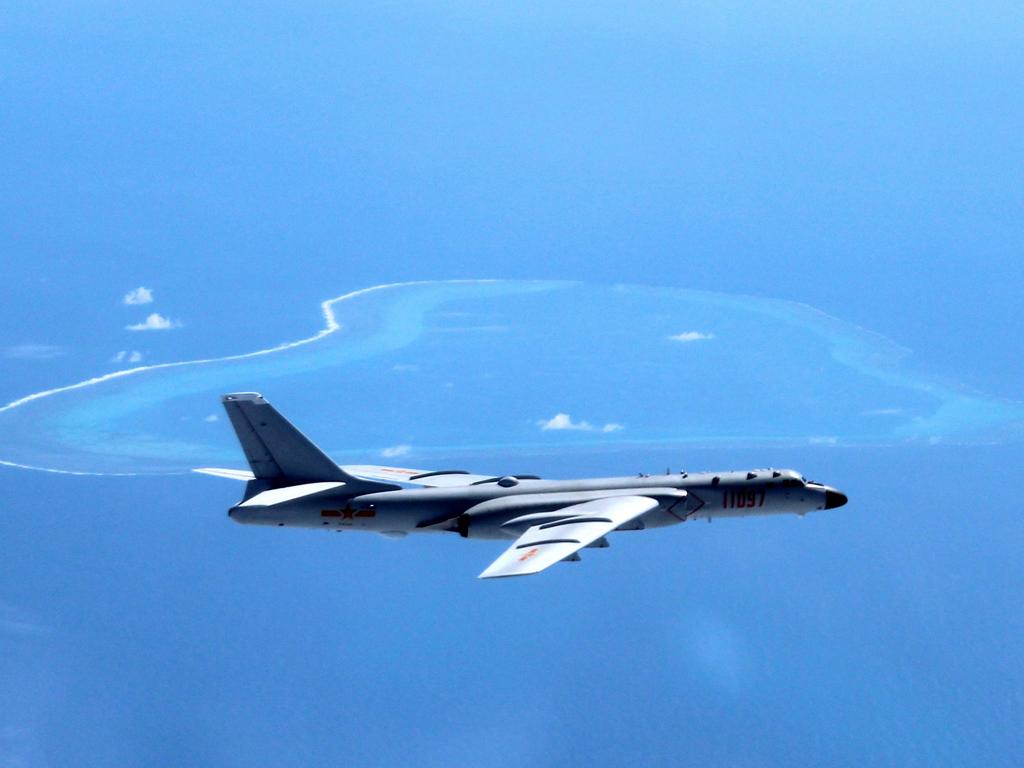
SOUTH CHINA SEA STRESS
General Wei insisted China had the right to militarise its artificial islands the South China Sea in response to the presence of foreign naval vessels.
“Where there are threats, there are defences. In the face of heavily armed warships and military aircraft, how can we stay impervious and not build some defence facilities?”
he asked, sidestepping previous promises that the controversial structures in the contested waterway would be used as civilian search-and-rescue facilities, not military fortresses.
Military and strategic analysts argue the islands fortresses represent a the first step in an international land-grab, securing what Beijing calls the “First Island Chain”.
DELVE DEEPER:
US Marines ‘invade’ island in message to Beijing
Debate heats up over Australia’s defence
Australa repositions warships to ‘deter aggression’
President Xi's dystopian regime
Despite the overwhelming evidence revealed by satellite photographs of enormous military-grade runways, armoured aircraft hangars, ammunition dumbs, gun towers and port facilities, General Wei told the assembled world leaders: “It is the legitimate right of a sovereign state to carry out construction on its own territory. China built limited defence facilities on the islands and reefs for self-defence.
“It is only when there are threats would there be defences. In face of heavily armed warships and military aircraft, how can we not deploy any defence facilities?” General Wei asked.
He said over 100,000 ships sail through the South China Sea each year, and “none has been threatened.”
But recent moves by international powers to assert their right of freedom of navigation under international law had generated the crisis.
“The large-scale force projection and offensive operations in the region are the most serious destabilising and uncertain factors in the South China Sea,” he said.

NUCLEAR STATEMENT
As General Wei was standing in front of the assembled defence and foreign ministers of the world, the People’s Liberation Army Navy test-fired new nuclear-capable missiles from one of its submarines.
The launches took place in Bohai Bay, near China’s Shandong Province. The missiles were fired inland.
Military analysts say they believe the test involved the JL-3, a third-generation, solid-fuelled missile intended to equip a new class of nuclear missile submarines.
The Submarine Launched Ballistic Missiles (SLBMs) have an intercontinental range, and can travel 12,000 to 14,000 kilometres. The missiles can carry up to 10 independent nuclear warheads.
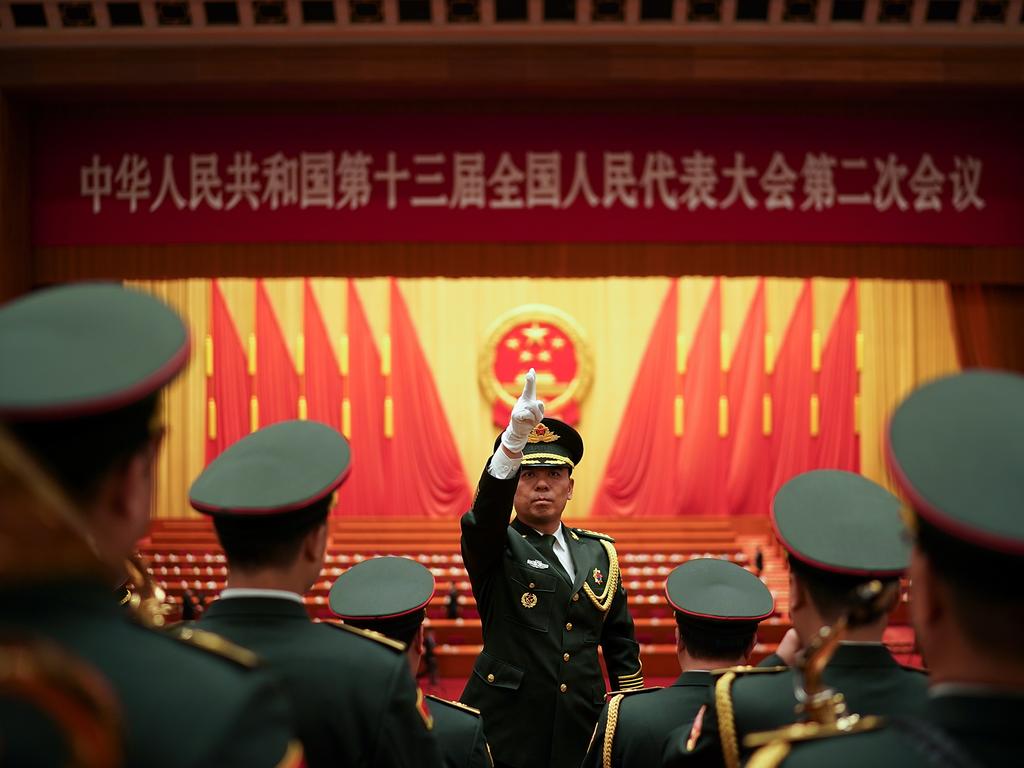
‘PREDATORY’ ACTS
As the conference unfolded, the US Pentagon released its Indo-Pacific Strategy Report.
“As China continues its economic and military ascendancies, it seeks Indo-Pacific regional hegemony in the near-term and, ultimately global pre-eminence in the long-term,” it states.
The report reaffirms the Indian and Pacific Oceans as the “Department of Defence’s priority theatre”.
“The United States is a Pacific nation; we are linked to our Indo-Pacific neighbours through unbreakable bonds of shared history, culture, commerce, and values,” it reads.
“We have an enduring commitment to uphold a free and open Indo-Pacific in which all nations, large and small, are secure in their sovereignty and able to pursue economic growth consistent with accepted international rules, norms, and principles of fair competition.”
It also openly criticises China’s actions.
“The People’s Republic of China, under the leadership of the Chinese Communist Party, seeks to reorder the region to its advantage by leveraging military modernisation, influence operations, and predatory economics to coerce other nations …
“We will not accept policies or actions that threaten or undermine the rules-based international order — an order that benefits all nations. We are committed to defending and enhancing these shared values.”
In particular, the report reaffirms the US intention to support the status-quo when it comes to Taiwan.
“The United States is pursuing a strong partnership with Taiwan and will faithfully implement the Taiwan Relations Act, as part of a broader commitment to the security and stability of the Indo-Pacific,” it reads.



